Computer scientist Li Feifei was born in 1976 into a wealthy intellectual family in Sichuan, China. In 1992, at the age of 16, she and her family immigrated to the United States. There, their lives were extremely difficult, even hitting rock bottom. At that time, not only did her parents go out to work to make a living, but she also had to go to school and work as a waitress.
To help her family, on days when she is not in school, Ly Phi Phi works part-time. Her job is as a janitor in a Chinese restaurant, 12 hours a day, from 11am to 11pm, for $2 an hour.
When she first came to America, in addition to her family's financial difficulties, Phi Phi also faced the problem of not being good at English. While in China, her education used to be the pride of her family, when she came to America, her academic performance plummeted.
Luckily, only her Math and Physics subjects were not affected. In order to pay for Phi Phi’s tuition for 3 years of high school, her parents had to sell their labor day and night. So now, she intends to apply to college to finish her studies.
However, with the encouragement of her teachers and friends, Phi Phi was determined to take the SAT and scored relatively well. This achievement helped her receive a full scholarship to Princeton University in 1995. In 1999, she graduated with a bachelor's degree in Physics with honors. During her time at university, she also studied for a double major in Computer Science and Engineering.

To pursue a career in advanced research, in 2000, she went to the California Institute of Technology (USA) to start her postgraduate program. In 2005, she graduated with a PhD in Electrical Engineering. During this study, she made important contributions to One-Shot Learning. This is a technique that can make predictions based on minimal data, which is very important for computer vision and natural language processing.
One of her greatest contributions came in 2006, when she initiated and developed ImageNet, a massive database of millions of labeled images, considered the “eyes of AI”. ImageNet is an important tool for training deep learning models, which play a pivotal role in the development of artificial intelligence today.
In parallel with the development of ImageNet, she also taught at the Department of Electrical Engineering at the University of Illinois (USA). From 2007-2009, she worked at Princeton University as a lecturer in the Department of Computer Science. In August 2009, she joined Stanford University as an assistant professor, then became a professor in 2018.
Prior to becoming a professor, from 2013 to 2018, she was the Director of the AI Lab at Stanford University. From January 2017 to September 2018, she also served as Vice President and Chief Scientist of AI/Machine Learning at Google Cloud.
During this time, in addition to her teaching and administrative work, she focused on Project Maven - a project to develop AI techniques to interpret images taken by drones. She supported the development of vision systems that enable machines to understand AI at a deeper level. Her research in computer vision is revolutionary and is applied in self-driving cars.
In 2019, she returned to Stanford University as co-director of the Stanford Institute for Human-Centered Artificial Intelligence (Stanford HAI). Today, her work at Stanford University focuses on advancing AI research, education, policy, and practice.
According to QQ News , in early February, she and researchers from Stanford University and the University of Washington successfully deployed the S1 AI inference model with cloud computing costs under $50. The model's performance in math and coding ability tests was rated on par with OpenAI's O1 and DeepSeek's R1 AI versions.
Currently, Professor Li Feifei's research team is in the process of proposing an integrated framework that can perform household tasks, also known as the "Behavioral Robot Toolkit". It allows robots to handle everyday tasks, from taking out the trash, cleaning clothes to cleaning the toilet.
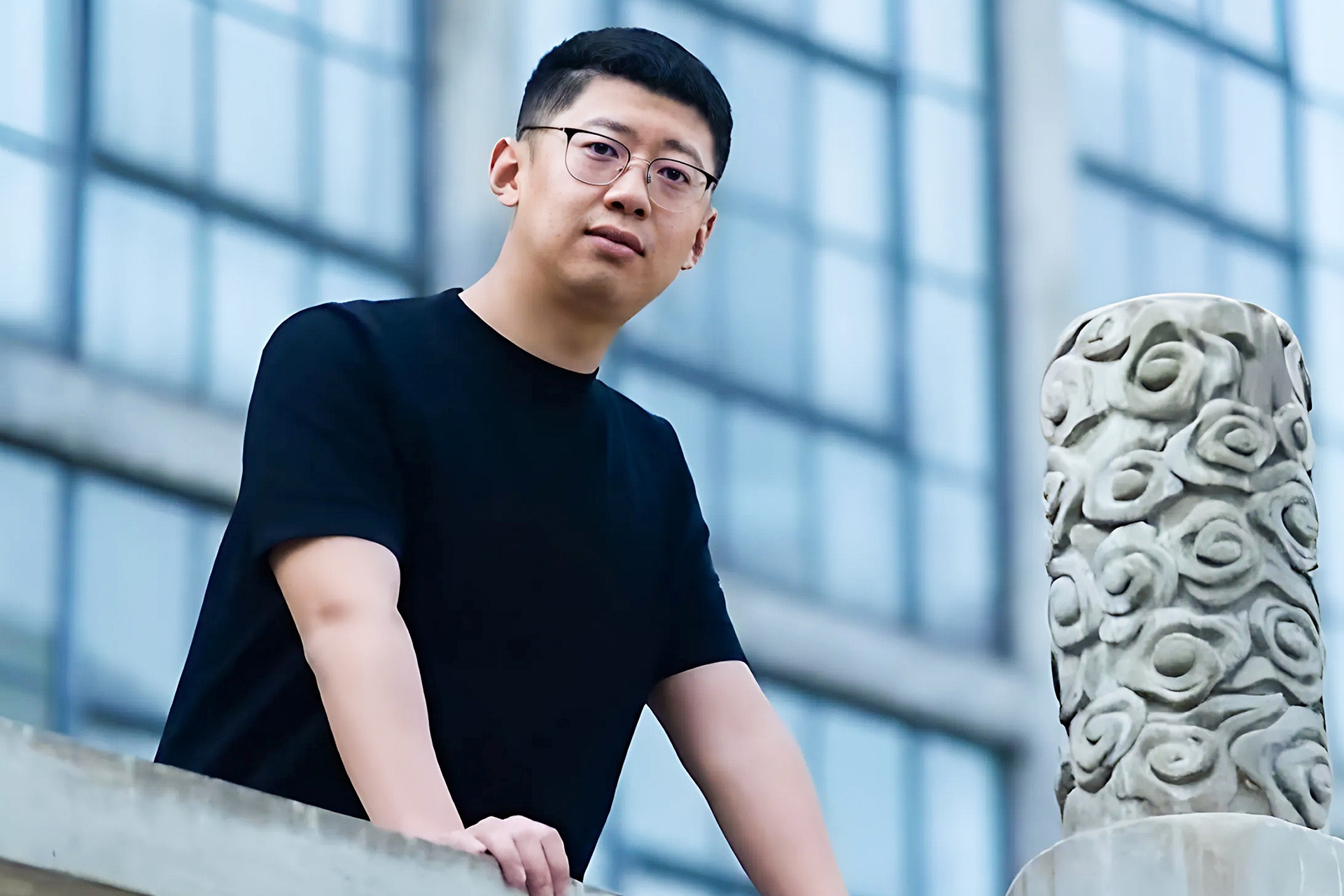
Source: https://vietnamnet.vn/professor-nha-khoa-hoc-hang-dau-the-gioi-ve-ai-di-len-tu-rua-bat-thue-2384294.html


![[Photo] President Luong Cuong attends the National Ceremony to honor Uncle Ho's Good Children](https://vphoto.vietnam.vn/thumb/1200x675/vietnam/resource/IMAGE/2025/5/15/9defa1e6e3e743f59a79f667b0b6b3db)



![[Photo] In May, lotus flowers bloom in President Ho Chi Minh's hometown](https://vphoto.vietnam.vn/thumb/1200x675/vietnam/resource/IMAGE/2025/5/15/aed19c8fa5ef410ea0099d9ecf34d2ad)
![[Photo] Prime Minister Pham Minh Chinh receives Country Director of the World Bank Regional Office for Vietnam, Laos, Cambodia](https://vphoto.vietnam.vn/thumb/1200x675/vietnam/resource/IMAGE/2025/5/15/2c7898852fa74a67a7d39e601e287d48)


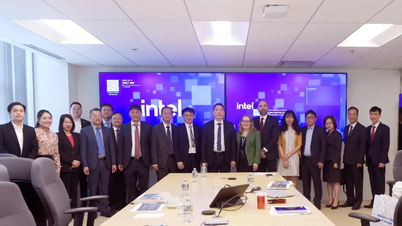





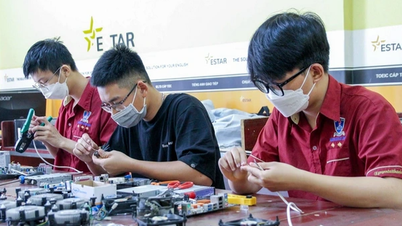



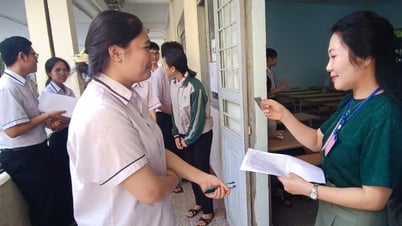

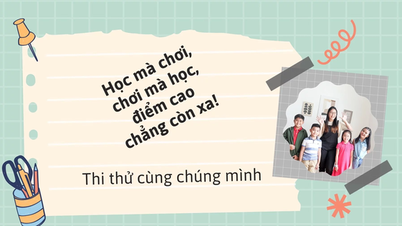

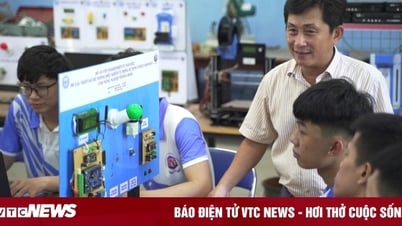









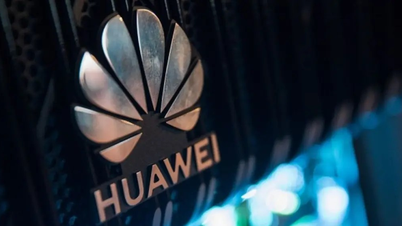

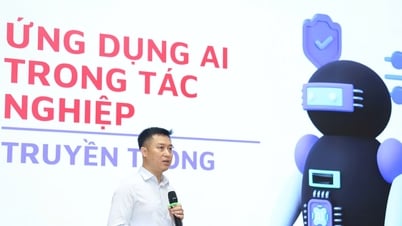









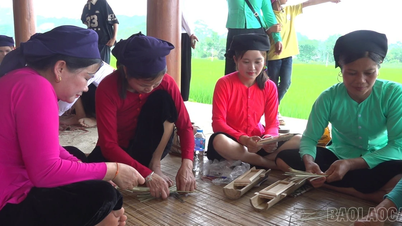


























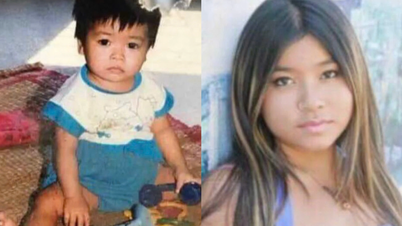











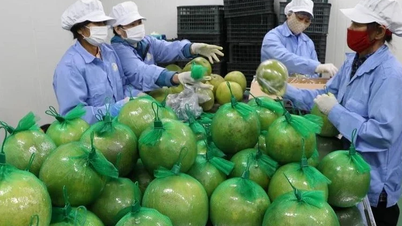












Comment (0)